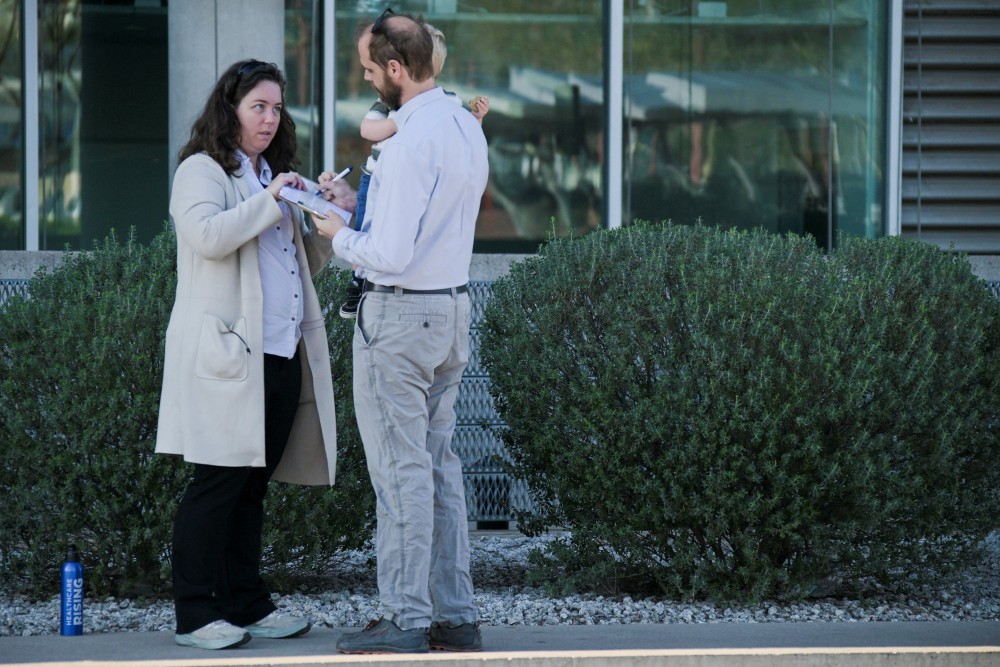
WASHINGTON – Arkansas election officials rejected a petition to place an abortion access measure on the November ballot, saying the proposal’s supporters failed to submit required statements about paid signature gatherers.
Secretary of State John Thurston said in a July 10 letter to the ballot’s organizers, Arkansans for Limited Government, that if his office accepted the signatures after subtracting the number of paid canvassers, the total would be 87,382, which is 3,322 signatures short of the required amount.
Organizers said they would “fight this ridiculous disqualification attempt” and added in a statement that they had provided the necessary documentation. They also said they had contacted the secretary of state’s office during the signature-gathering process to ensure they were following the correct procedures.
“We will not back down,” the organizers said, noting they had submitted more than 101,000 signatures when they needed at least 90,704 signatures from registered voters and a minimum number from 50 counties.
An Arkansas law banning abortion took effect when the court issued its Dobbs ruling in 2022 overturning Roe v Wade. Arkansas’ abortion ban only allows the procedure to protect the mother’s life in a medical emergency.
The measure that activists wanted on the November ballot would have given voters the chance to vote for laws barring the abortion ban in the first 20 weeks of pregnancy and allowing the procedure later in pregnancy in cases of rape, incest, threats to the woman’s health or life, or if the fetus would be unlikely to survive birth.
“Today we are happy to send you the good news that the petition to place the terrible Arkansas Abortion Amendment on our voting ballots has been rejected by our Secretary of State,” Catherine Phillips, Respect Life Director for the Diocese of Little Rock, Arkansas, wrote in an email to pro-life supporters.
“Of course, there will probably be legal challenges to this ruling, but today, many prayers have been answered,” said her message, reported by the Diocese of Little Rock’s diocesan newspaper, Arkansas Catholic.
In March, the Diocese of Little Rock announced its “Decline to Sign” campaign, urging Catholics not to sign the petition. Informational cards and posters in English and Spanish were placed in all parishes.
In a letter to parishioners in February, Little Rock Bishop Anthony Taylor said that if the proposed amendment passed, it would gut “the state’s regulatory laws,” such as requiring parental consent before a minor has an abortion, as well as ultrasound requirements before abortions and abortion facility inspections.
“Arkansas would be unable to protect unborn children who can already feel pain from dismemberment abortion,” he added.
Rose Mimms, executive director of Arkansas Right to Life, said in a statement that her organization appreciated the secretary of state’s diligence in the certification process.
She noted that even though the measure failed to make it to the ballot, she expects that “this is not the end of efforts to once again make abortion legal in our state.”
Mimms said that when Roe was overturned, and the abortion laws were left to the states, members of Arkansas Right to Life “knew that this fight would come to the doorstep of each of the 50 states, and Arkansas would be no exception. We knew we would be a target as we are the No. 1 pro-life state in the nation.”
Abortion measures will be decided on by voters in at least five states in the November election, and in four states, election officials are still determining if abortion measures will qualify for this year’s ballot.
